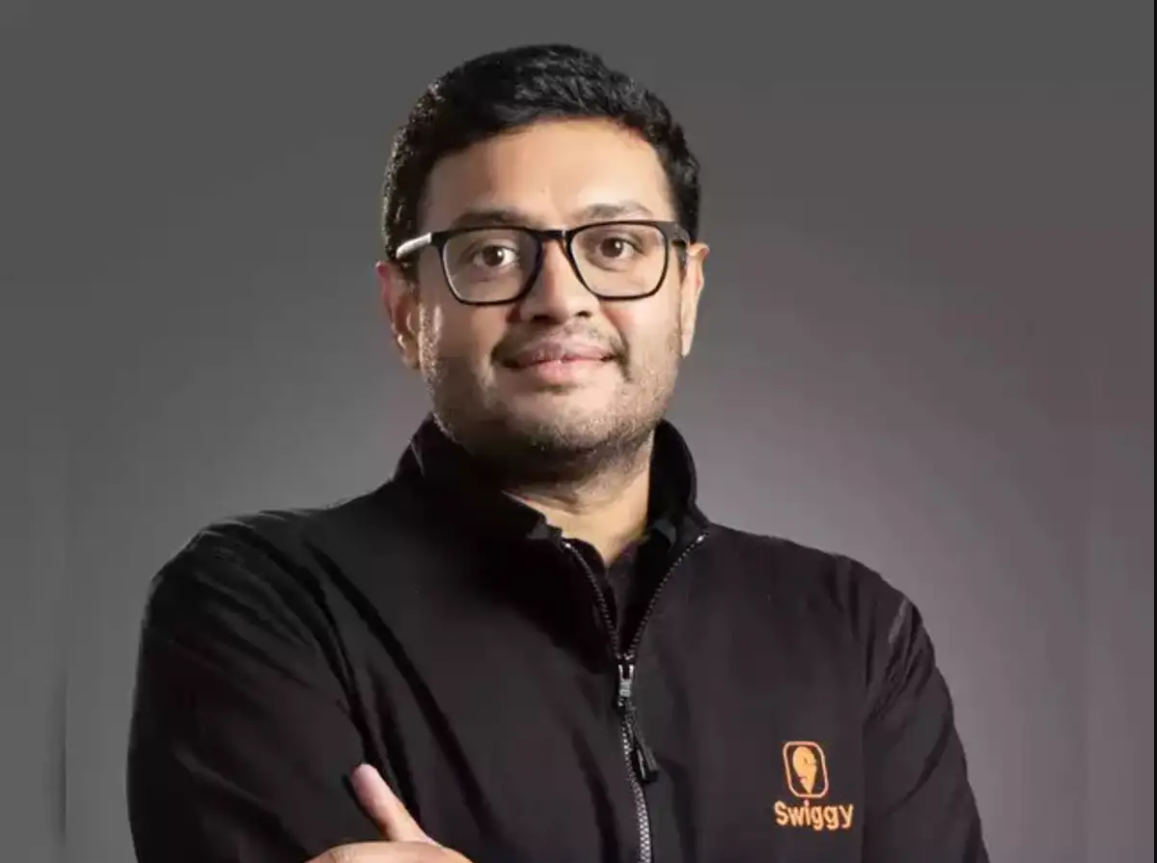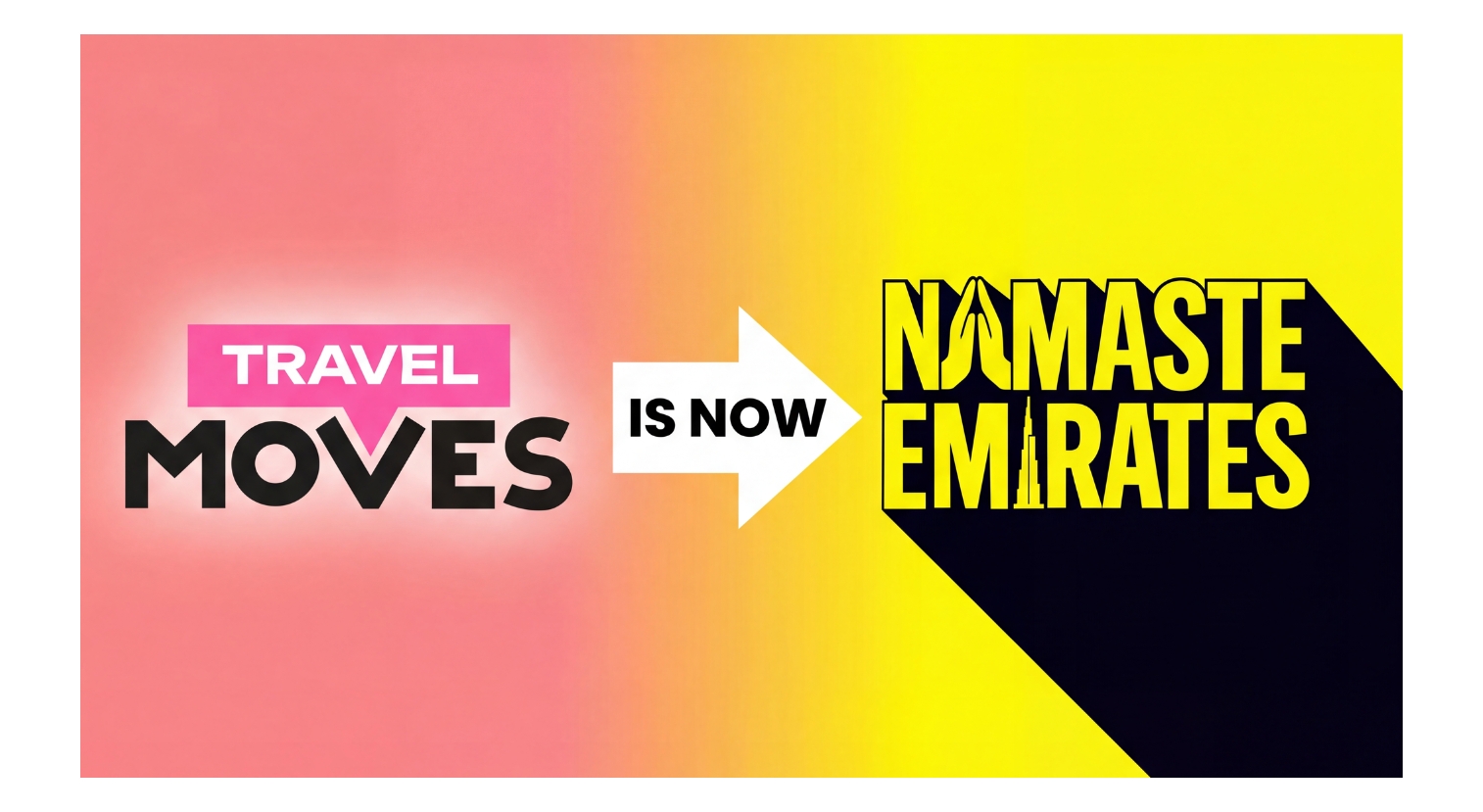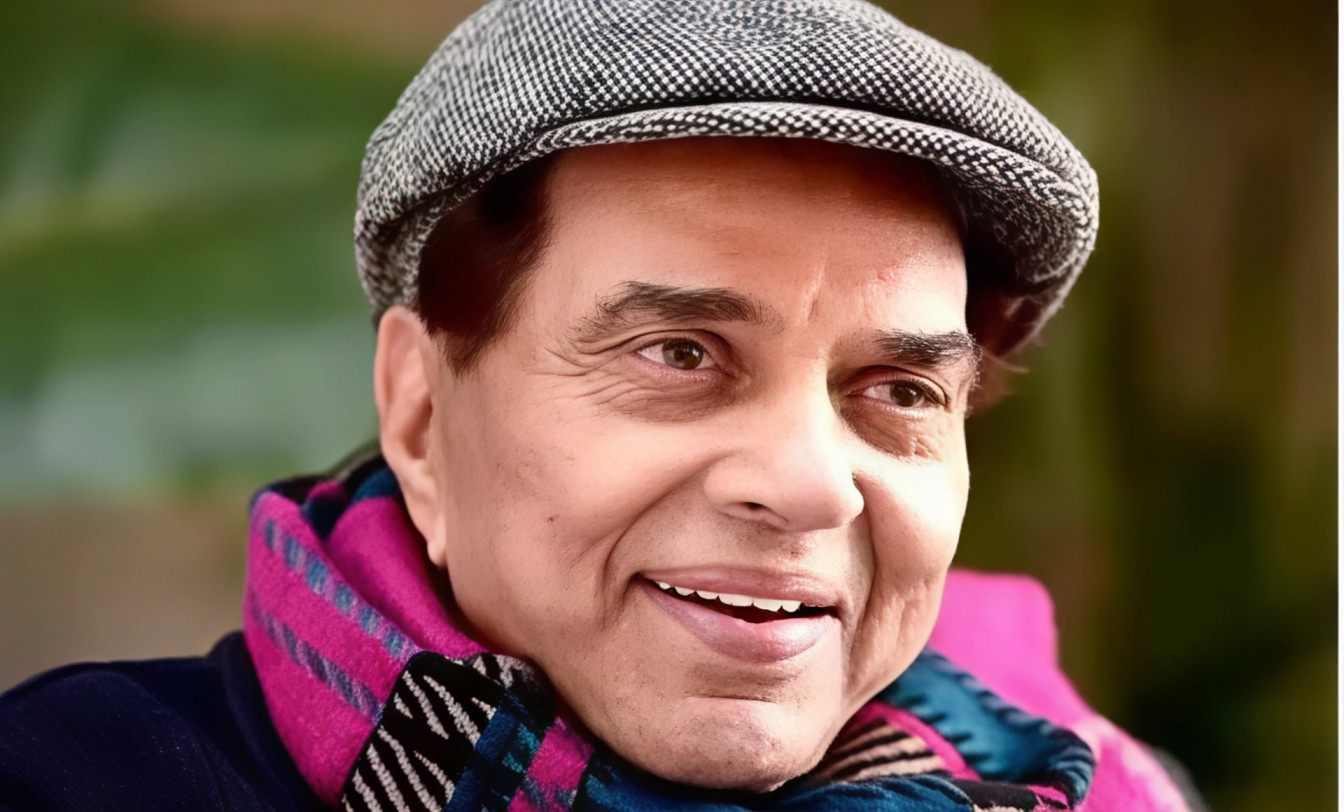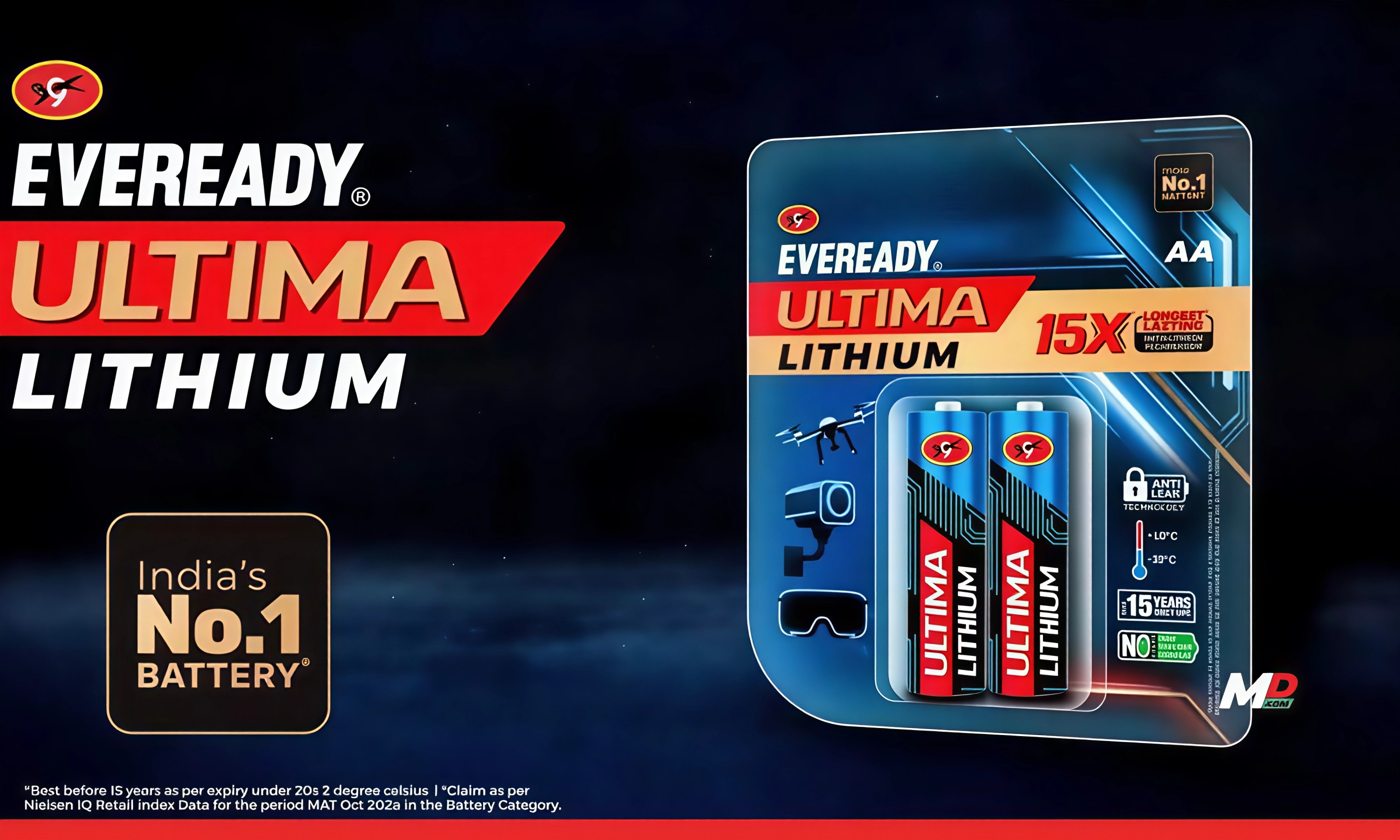Swiggy Instamart is betting big on a future where quick commerce becomes the default way Indians shop online. Speaking at the Indian Healthy Snacking Summit in New Delhi, Amitesh Jha, CEO of Instamart, confidently shared his belief that in the next five years, quick commerce will not just be popular but will dominate how consumers make purchases, both online and offline.

His reasoning is clear. Despite strong user interest, market penetration for quick commerce remains low. But the interest from customers is undeniable. As people get used to the convenience of fast deliveries and curated baskets, the appeal of this format will only increase. In fact, India’s quick commerce market already reached a valuation of nearly Rs 64000 crore in FY25, growing at an astonishing compound annual growth rate of 142 percent over just three years.
Major players like Blinkit, Zepto, and Swiggy Instamart are leading the charge. But new entrants such as BigBasket, Flipkart Minutes, JioMart, and even Amazon are intensifying the competition. Amazon recently launched its quick delivery service Amazon Now in Delhi after beginning in Bengaluru. Meanwhile, industry analysts report that Blinkit and Instamart have both gained significant market share in recent months, while Zepto appears to be struggling with user retention and managing its costs.
ADVERTISEMENT
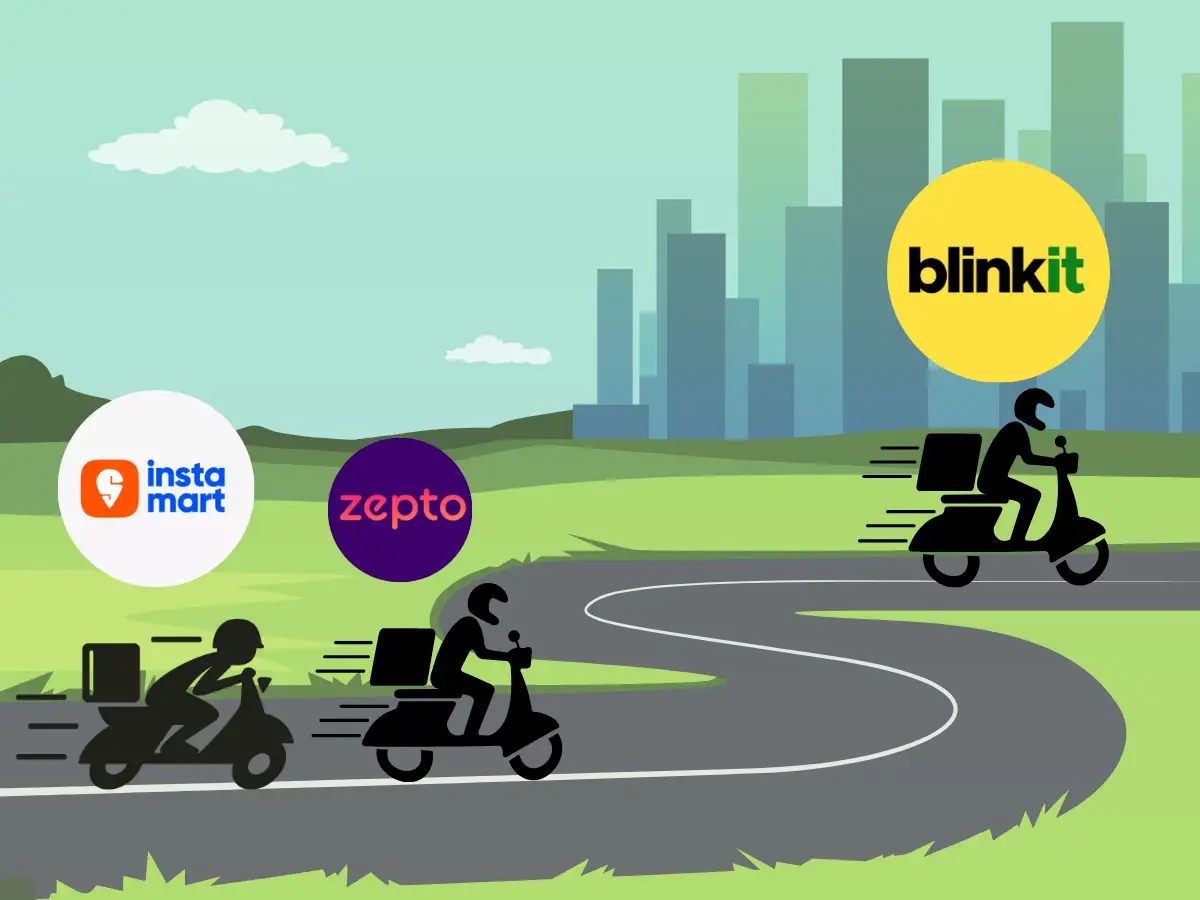
In terms of raw numbers, Blinkit completed over 141 million orders in the last quarter of FY25, while Swiggy Instamart fulfilled nearly 89 million during the same period. Swiggy alone reported a 101 percent year-on-year increase in its gross order value in the January to March quarter, touching Rs 4670 crore.
Jha also emphasized that quick commerce is not just about convenience but experimentation. The fast format makes people more willing to try new snacks, brands, and products they might otherwise skip. He acknowledged that it remains tough to drive repeat purchases, especially for new entrants, but quick commerce enables valuable sampling behavior.
Unlike traditional ecommerce platforms where shelf space is practically limitless, quick commerce apps prioritize speed and utility, keeping their inventories tightly curated. Jha pointed out that low MRP items often get lost on large ecommerce platforms but make more sense when bundled in curated baskets worth Rs 200 to 300, which is the average order size on Instamart.
With fierce competition and increasing consumer demand, the model of 10-minute deliveries and on-demand essentials is here to stay. Quick commerce is not just a trend but a shift in consumer habit, and players like Swiggy Instamart are looking to build scale, loyalty, and innovation in this space.
ADVERTISEMENT
Follow Marketing Moves on Instagram and Facebook for more updates from the world of ecommerce, brand strategy, and digital innovation.

